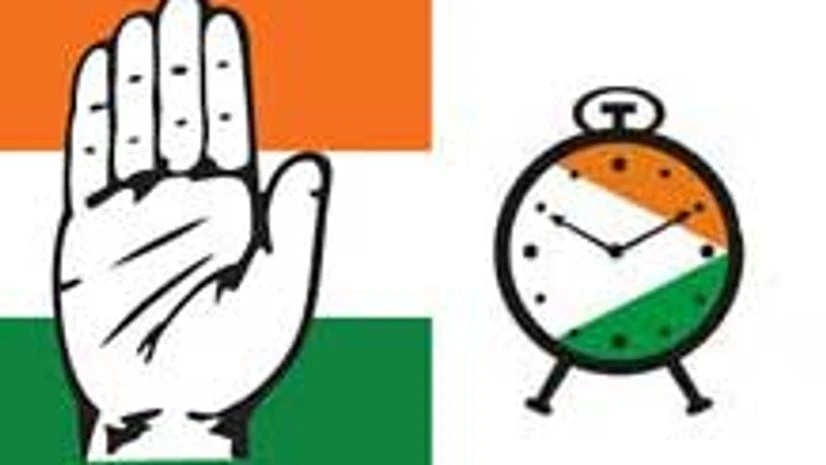The Congress-Nationalist Congress Party (NCP) alliance government in Maharashtra is expected to announce 20 per cent reservation for the Maratha community in education and jobs on June 21, after the ongoing code of conduct for elections to the state Legislative Council comes to an end.
Maharashtra Minister for Industries Narayan Rane had headed a team on the issue which had conducted a survey of 500,000 Maratha community members and 1.8 million families under rule 16(4) of the Constitution of India. The committee had submitted its report to the state government in February.
“The report has been at par with the Tamil Nadu report and it has been forwarded to the State Commission for Backward Classes,” he told Business Standard on Friday. Under the Tamil Nadu government’s law, 69 per cent of seats in employment and educational institutions in the state are reserved for backward communities due to the contention that they constitute 87 per cent of the population.
“Marathas constitute 32 per cent of Maharashtra’s population and nearly 20 per cent of them are backward. Therefore, the committee has recommended 20 per cent reservation without infringing on the reservation of backward classes, other backward classes and other communities,” said Rane, while justifying the government's decision.
The proposed 20 per cent reservation will be over and above the 52 per cent reservation quota which currently exists for various communities in Maharashtra.
Further, Rane said the government also proposes to provide reservation for Muslims in jobs and education. Muslims constitute nearly 11 per cent of Maharashtra’s population. Rane however said that reservation for Muslims would be in addition to the proposed 20 per cent reservation for Marathas.
The government’s move to provide reservations to Marathas and Muslims is being seen as a bid to regain lost ground after the humiliating defeat of the Congress and NCP in the recently-concluded Lok Sabha elections. Members of both parties argue that it will help win over traditional vote banks to counter the Modi wave in the run-up to Assembly polls in September-October.
Maharashtra Minister for Industries Narayan Rane had headed a team on the issue which had conducted a survey of 500,000 Maratha community members and 1.8 million families under rule 16(4) of the Constitution of India. The committee had submitted its report to the state government in February.
“The report has been at par with the Tamil Nadu report and it has been forwarded to the State Commission for Backward Classes,” he told Business Standard on Friday. Under the Tamil Nadu government’s law, 69 per cent of seats in employment and educational institutions in the state are reserved for backward communities due to the contention that they constitute 87 per cent of the population.
“Marathas constitute 32 per cent of Maharashtra’s population and nearly 20 per cent of them are backward. Therefore, the committee has recommended 20 per cent reservation without infringing on the reservation of backward classes, other backward classes and other communities,” said Rane, while justifying the government's decision.
The proposed 20 per cent reservation will be over and above the 52 per cent reservation quota which currently exists for various communities in Maharashtra.
Further, Rane said the government also proposes to provide reservation for Muslims in jobs and education. Muslims constitute nearly 11 per cent of Maharashtra’s population. Rane however said that reservation for Muslims would be in addition to the proposed 20 per cent reservation for Marathas.
The government’s move to provide reservations to Marathas and Muslims is being seen as a bid to regain lost ground after the humiliating defeat of the Congress and NCP in the recently-concluded Lok Sabha elections. Members of both parties argue that it will help win over traditional vote banks to counter the Modi wave in the run-up to Assembly polls in September-October.

)
